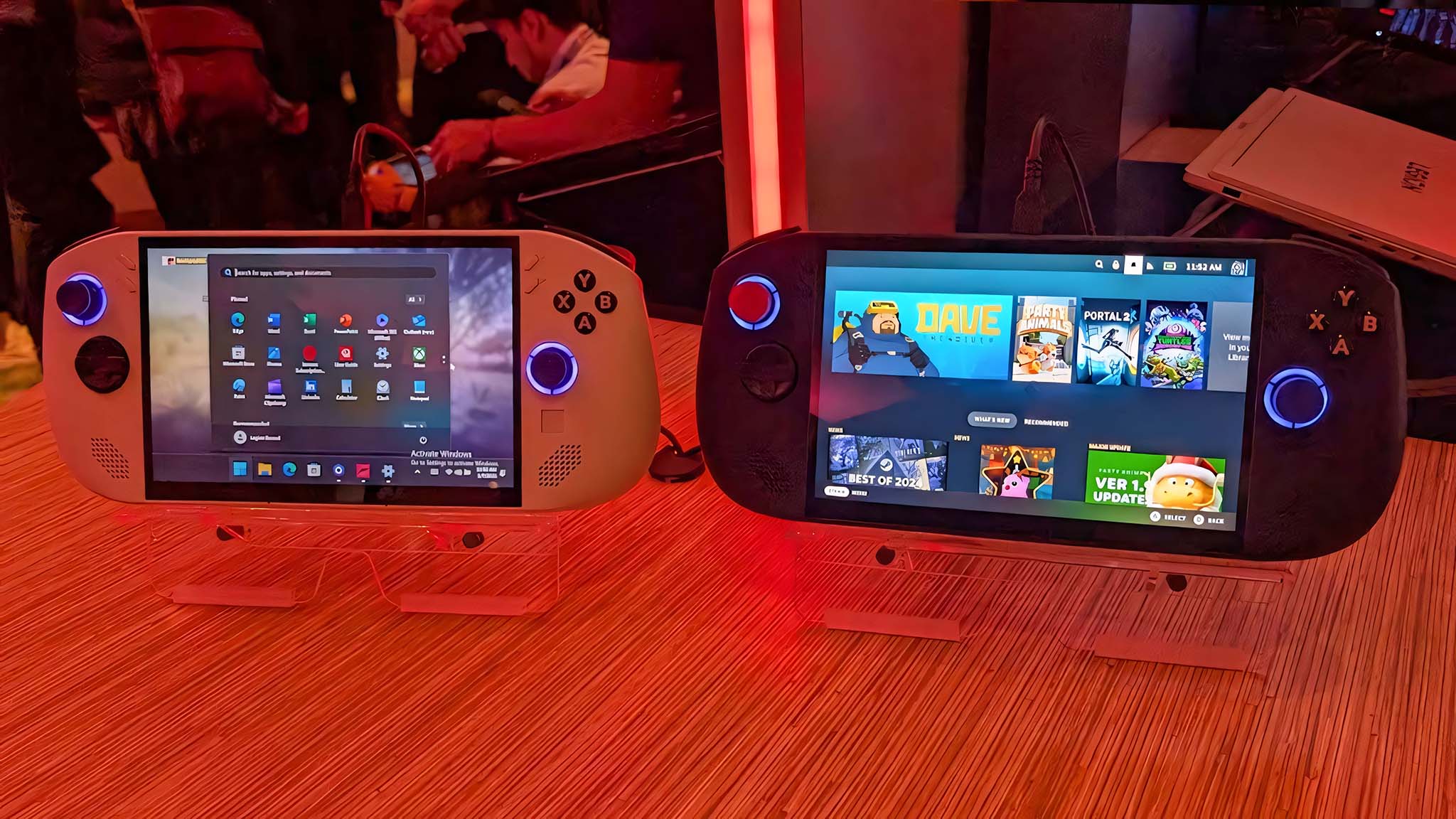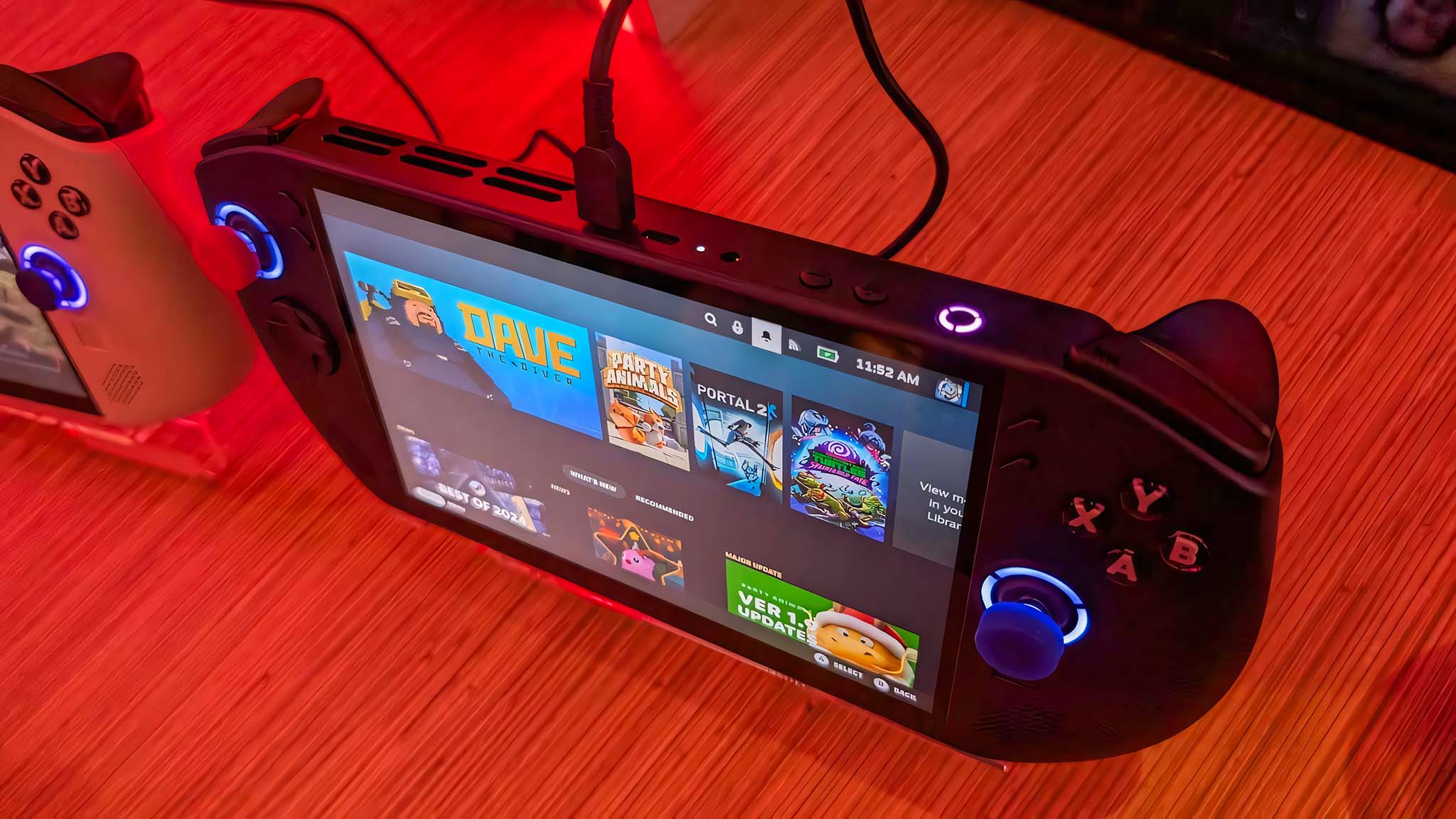
It’s hardly surprising news, but in preliminary tests running both systems on the same equipment, SteamOS appears to outperform Windows 11 significantly when it comes to gaming speed.
SteamOS could potentially pose a significant challenge to Microsoft and Windows 11, particularly among gaming enthusiasts. While Microsoft continues to expand the feature set of Windows 11, there’s growing concern about its performance due to this added bulk.
Among all operating systems, Windows 11 reigns supreme, but due to concerns about user privacy and excessive software (bloatware), more customers are seeking alternative options. Because Linux is entirely open source, it’s becoming a popular choice as an alternative. Previously, Linux had issues with PC gaming compatibility, but with Valve and SteamOS’ Proton emulation layer, those days are becoming less common.
As a researcher delving into the realm of gaming, I’ve noticed an escalating curiosity among users regarding the potential performance advantages of SteamOS over mainstream games on Steam. Operating systems like Bazzite have offered intriguing insights into the workings of specialized gaming OSs within standard PC gaming setups. However, when it comes to devices where every ounce of power matters, such as portable gaming handhelds, it’s been universally acknowledged that Windows 11 can be both a performance and battery drain.
Fortunately, we now have some authentic side-by-side comparisons using identical PC gaming handheld hardware. The results for Windows 11 are alarming to say the least – a veritable bloodbath in terms of efficiency.
| Game | Legion Go S SteamOS | Legion Go S Windows |
| Cyberpunk | 59 FPS | 46 FPS |
| Helldivers 2 | 70 FPS | 65 FPS |
| Doom Eternal | 75 FPS | 66 FPS |
| Spiderman 2 | 63 FPS | 64 FPS |
| Witcher 3 | 76 FPS | 66 FPS |
In an incredibly revealing video posted by Dave2D, we’re afforded an insight into the significant differences in performance that exist between the Windows 11 and SteamOS editions of the Legion Go S.
Initially, when the Legion Go S debuted alongside Windows 11, it faced criticism due to its performance and battery life. Compared to the Z1 Extreme Legion Go of yesteryear, it appeared that the older model was superior in almost every aspect, except for ergonomics. However, now, in collaboration with Valve, we have the Legion Go S running on SteamOS, which presents a much stronger argument for its hardware capabilities.
A potentially more critical point is Dave2D’s evaluation of battery life. In casual 2D games, the Lenovo Legion Go S with SteamOS significantly outperforms Windows, providing approximately 6 hours of gameplay in indie titles like Dead Cells versus Windows’ 2.75 hours. While both systems performed comparably on more demanding games like Cyberpunk 2077, the ability to achieve substantial battery improvements on less graphically-intensive side-scrolling titles raises questions about the overall battery efficiency of Windows 11.
Can it be fixed?

In a nutshell, our Legion Go S review is titled “disappointing, yet SteamOS might salvage it.” It appears that SteamOS could indeed be its saving grace. While we’ll provide our own comparisons soon, initial impressions from tech influencers and other sources suggest that Windows 11 users are receiving a raw deal in this case.
The key advantage of Windows 11 lies in its compatibility across a wide range of PC gaming platforms. However, certain games encounter issues when using Proton and SteamOS due to their kernel-level anti-cheat measures. In contrast, Windows 11 offers full and seamless compatibility with all popular gaming launchers like PC Game Pass, the Riot Client, and more. That being said, it’s plausible that adding additional launchers to SteamOS might be simpler compared to Microsoft’s often slow and cumbersome efforts to enhance gaming performance on their devices.
Critics have been growing more vocal about issues with Windows 11 over the past few years. From ads built-in to the interface, to concerns over privacy due to telemetry, to features that seem unnecessary and bloated – many users feel Microsoft isn’t living up to CEO Satya Nadella’s earlier promise of making people love Windows. Instead, it seems like user feedback is being ignored.
Microsoft is working on gaming development projects tailored for PCs, focusing primarily on the next version of Xbox and possibly future handheld gaming devices similar to Project Kennan. The upcoming Xbox is rumored to have a stronger emphasis on PC-compatibility than ever before, which could mean it leans more towards custom, purpose-built design principles rather than the universal approach of Windows 11. However, I’ve followed Microsoft closely enough to know not to get too excited.
It’s true that Windows currently holds around 70% of the market share among desktop operating systems. However, let’s not forget that Internet Explorer had a similar dominance in past years. Yet, a competitor who focused on customer needs quickly eroded that market share at an astonishing rate.
Read More
- PI PREDICTION. PI cryptocurrency
- WCT PREDICTION. WCT cryptocurrency
- Guide: 18 PS5, PS4 Games You Should Buy in PS Store’s Extended Play Sale
- LPT PREDICTION. LPT cryptocurrency
- Gold Rate Forecast
- SOL PREDICTION. SOL cryptocurrency
- FANTASY LIFE i: The Girl Who Steals Time digital pre-orders now available for PS5, PS4, Xbox Series, and PC
- Playmates’ Power Rangers Toyline Teaser Reveals First Lineup of Figures
- Shrek Fans Have Mixed Feelings About New Shrek 5 Character Designs (And There’s A Good Reason)
- Here’s What the Dance Moms Cast Is Up to Now
2025-05-26 12:09